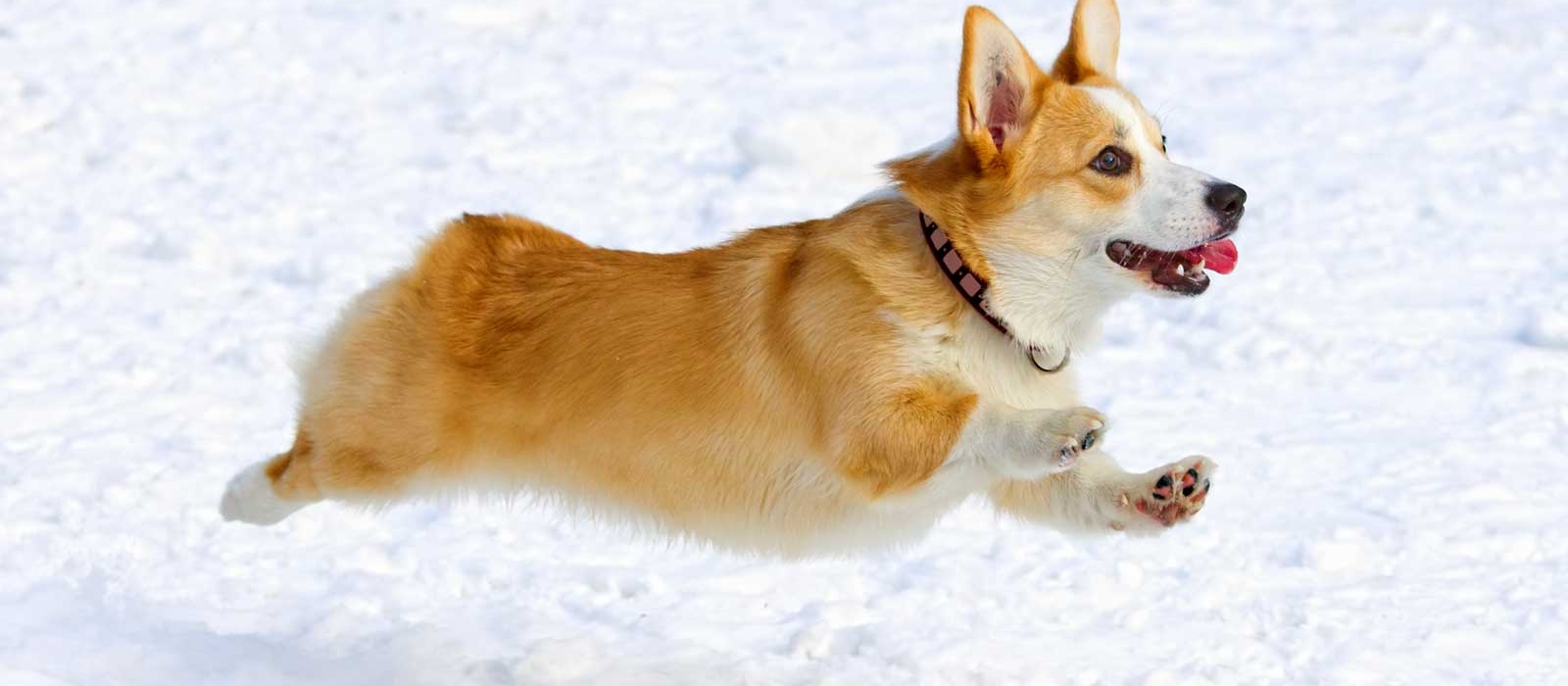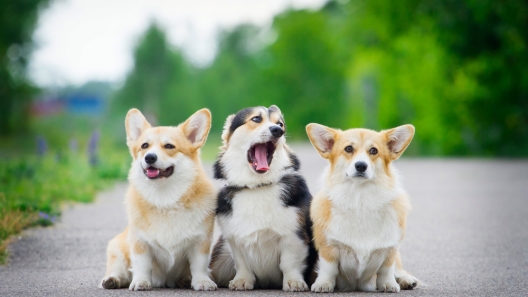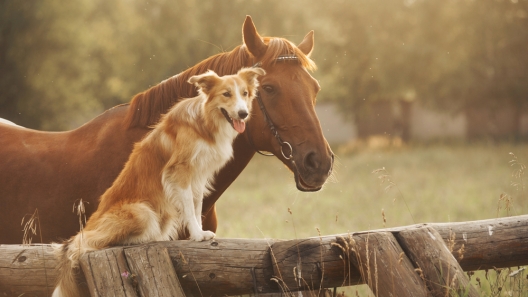-
Activity Level:
moderate
-
Shedding Level:
high
-
Grooming Level:
moderate
-
Trainability:
high
-
Good for Novice Owners:
high
-
Adaptability:
high
-
Kid/Pet Friendly:
often
-
Prey Drive:
low
-
Watchdog:
aware
- Average Size: Small
- Average Lifespan: 12-13 years
- Registered?: aca, akc
Pembroke Welsh Corgi Dog Breed Information
Overview
Temperament
Adaptability
Health
Owner Experience
Grooming
Activity Level
Size
Life Span
Did You Know?
Corgis are one of the most popular dog breeds. The Pembroke Welsh Corgi, one of two Corgi breeds, was the first recognized as the smallest member of the American Kennel Club’s Herding Group in 1934. The Pembroke Welsh Corgi’s history can be traced back to the 10th century, making it a very old dog breed.
One of the facts about Corgis is that there is more than one type of them. Not to be confused with their close relative, the Cardigan Welsh Corgi, the Pembroke Welsh Corgi is a friendly and jovial dog breed that makes a great family pet. The easiest way to tell the difference between the two Welsh Corgi breeds is by the size, tails, and ears.
The Cardigan tends to be larger, has a full, long tail, and has larger, more rounded ears. Many Pembroke Welsh Corgis are slighter, have smaller, pointier ears, and are born with the short, docked tail they are known for. Pembrokes will generally have red, sable, fawn, or black and tan coat colors while Cardigans tend to have red, sable, brindle, black, and blue merle coat colors.
The word Corgi in the Welsh language means “Dwarf Dog”, which definitely works given the Corgi’s small stature. Although they are small dogs with shorter legs, they are surely not short on personality as they are energetic and fun dogs. Pembroke Welsh Corgis have been the preferred breed of the British Royal family for over 70 years; the late Queen Elizabeth II owned over 30 Pembroke Welsh Corgis during her reign.
The Welsh Corgi is a loving and affectionate breed that will be a puppy at heart for their entire life. Extremely loving with their family, they will often bond closely with them and tend to love following their family around and being involved in their everyday lives.
Properly socialized and trained, Corgis are known to get along well with children, other dogs, and other pets. They will even be generally open and friendly with strangers, which is good as they are bound to attract attention while out on walks.
Corgis are highly adaptable dogs. Although they thrive in homes with fenced yards where they can run freely, they also adapt well to apartments as long as their daily exercise and attention needs are met.
They do well in most climates, but are sensitive to heat and very cold temperatures. Because they are so connected to their families, they do not like to be left alone for long periods of time. If not given enough attention or socialized well, they can develop separation anxiety.
Potential health concerns to be aware of in Pembroke Welsh Corgis can include hip dysplasia, elbow dysplasia, eye issues, Von Willebrand’s disease, and degenerative myelopathy. Good breeding practices and the health of the parents make a big difference in the health of Corgi puppies.
Reputable breeders will screen their dogs to avoid passing preventable issues to puppies. Make sure you are asking about the health and genetic history of both parents and about any health tests or clearances that have been done. The National Breed Club recommends a hip evaluation and an ophthalmologist evaluation at a minimum.
Pembroke Welsh Corgis are intelligent dogs that are eager to please. Although they can have a mind of their own, they are generally a good fit for owners of all experience levels. They respond best to training with clear, consistent expectations and positive rewards and praise.
There are many benefits of puppy training classes so they are often a good idea even if you don’t necessarily need them for training. Your pup will get plenty of opportunities for socialization and the experience will strengthen your bond with them too. Plus, your Corgi puppy will be excited to make new friends!
The Corgi has a double coat with a thick undercoat and a longer topcoat. These dogs will shed year-round and heavier during seasonal shedding. Daily brushing is recommended to help keep your Corgi more comfortable and more fur contained to the brush. A comb, slicker brush, and undercoat rake are good dog grooming brushes to have in your collection. Bathing is on an as-needed basis along with trips to the dog groomer if needed.
In addition to coat care, you will also need to take care of your Pembroke Welsh Corgi’s nails, ears, and teeth. Nail trims once or twice monthly keep them from growing too long and causing issues. Weekly ear checks with careful cleanings as needed can help prevent ear infections. Daily tooth brushing, plus cleanings at the vet when needed, is good dental care for dogs and can help prevent painful dental diseases later in life.
They are so excited, and Pembroke Welsh Corgis just can’t hide it. They are energetic little fuzzballs with one of the most playful personalities. Although they will have a lot of energy while playing, they tend to sit in a more moderate range. Daily walks plus some playtime, time to run, and a job to do are usually enough for these little dogs.
They are even a good fit for several dog sports like herding, agility training, tracking, obedience, and more. All in all, they won’t run you ragged, but they will be a lot of fun. They will also likely be up for more activity if you are. Your Corgi will be more than happy to do more stuff if it means spending more time with you, especially if it will be fun!
Fully-grown Pembroke Welsh Corgis usually stand 10-12 inches tall and weigh 22-30 pounds.
Pembroke Welsh Corgis generally live for 12-13 years on average.
Although the Pembroke Welsh Corgi is considered the younger Corgi breed, their origins can be traced all the way back to 1107 AD.









